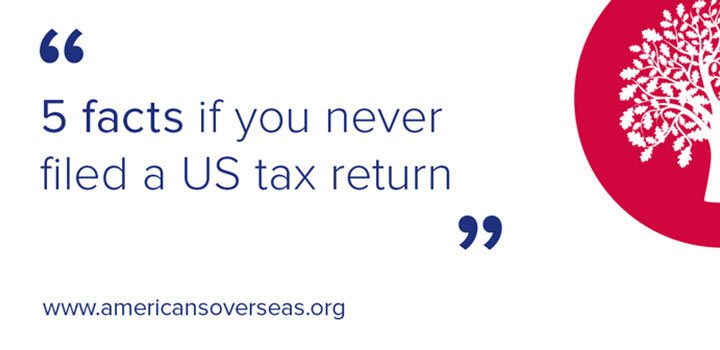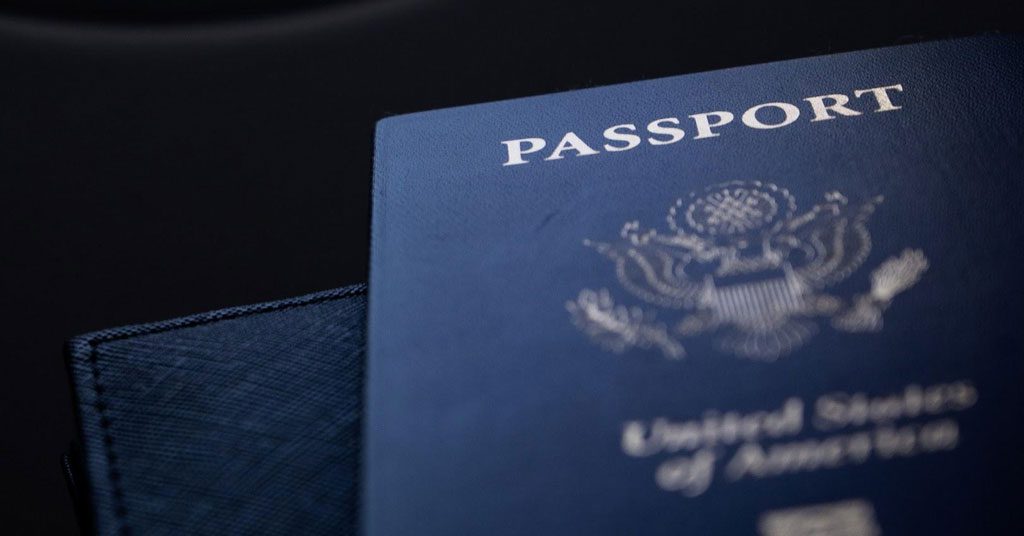
You’ve received a FATCA Rabobank letter. Now what?

Are you American–Dutch and did you recently receive a letter from Rabobank about FATCA? You are advised not to ignore this letter. These are the most important points you have to know about the FATCA Rabobank letter.
The Rabobank FATCA letter is meant for Dutch citizens with an American background (i.e. a person with US persons as parents, or a US person by birth), ‘accidental’ American citizens, and Green Card holders. Following new American tax regulations, Dutch banks including Rabobank are required to share the names and account details of these people with the American tax office IRS.
The obligation for banks to share data is based on the Foreign Assets Tax Compliance Act (FATCA). FATCA is an agreement between the American and Dutch governments signed in 2013. With this bill, the US seeks to increase its oversight of accounts held by Dutch Americans. Even though they live and work outside of the States, this group of individuals still has a duty to file American taxes.
Under FATCA, Dutch banks are required to determine whether a customer falls under this American regulation and must in that case annually provide information to the Dutch tax authorities. This requirement applies both for new and existing customers, hence you may have received a letter from Rabobank concerning FATCA.
What does this FATCA Rabobank letter mean for you?
What do you have to do when you have received this Rabobank letter on FATCA if you are an American-Dutch national? First of all, it is important that you do not ignore the letter. The letter may have arrived together with a W-9 or a W-8 tax form. Some banks send a FATCA form with these tax forms to confirm whether the customer is an American taxpayer and thus also falls within the jurisdiction of FATCA.
American Dutch people are supposed to fill in all forms and send them back to their bank within the indicated time frame. Below, we illustrate three possible scenarios for handling Rabobank’s FATCA letter:
1. What are the consequences of not sending back the Rabobank FATCA form?
In case of not receive the filled-in FATCA form, the bank will always share your information with the American tax authorities. Depending on which country you live in and what bank you make use of, your accounts may be adjusted or closed. This especially applies to bank accounts used for investments.
Some banks have even decided to bar all potential American clients from their services. Americans Overseas advises you to contact your bank to ask them about their policy towards American clients before you return the tax form, thus giving you time to move your account if your bank requires you to do so.
2. Return the FATCA Rabobank form indicating you are not American.
Many Dutch Americans find the law unreasonable. They might have been born in the States and emigrated to the Netherlands at a young age or obtained American citizenship through their parents. Although you might not feel American in these cases, you unfortunately remain a taxable US citizen according to US tax law.
Incorrectly indicating that you are not American in the FATCA Rabobank form can lead to sanctions from American tax authorities. The IRS denies taxable individuals all amnesty programs if they uncover cases of tax evasion themselves.
Furthermore, the bank can ask you to prove that you are not American by requiring you to show a certificate of ‘loss of nationality’ or show other evidence from which they can verify that you have never been an American citizen.
3. Received a FATCA Rabobank letter but you have never filed an American tax return. What do you have to do?
The American tax authorities have an amnesty procedure, the so-called ‘Streamlined Foreign Offshore Procedure’, which allows American taxable persons to file a late tax declaration without fines if they were not aware of their tax duties.
This procedure also applies if you have filed taxes in the past while living in the United States and then moved to another country – never realizing that you had to continue reporting to the American tax authorities.
The amnesty procedure will most likely be terminated sometime in the future, though, since the IRS may assume that you are already aware of your American tax return obligations under the global US tax regime.
The bottom line is that it’s wise to be aware of your American tax obligations and undertake steps to file the necessary tax returns: Americans Overseas can assist you in these matters free of charge and without obligations.
Do you have more questions about the FATCA Rabobank letter and American tax return obligations?
We, the founders of Americans Overseas, were born in the Netherlands and obtained our American nationality through our (American) mother. When we heard about this for the first time around 2013, we were in total disbelief (it can’t be true!), anger (how can they do this?), fear (am I going to get fined or pick up other problems?), and panic (what should I do?). It is (unfortunately) true that there is an additional American tax levy. But there’s no information from the local government, and when approached, the consulate referred us to the IRS, and the IRS was impenetrable.
That’s why we started this initiative to help people from all over the world by providing proper information to avoid unnecessary panic and offering help free of obligation and free of charge. If needed, we have a network of affordable professionals (accountants) who can help you with your tax obligations.
If you have more questions about the FATCA Rabobank letter you can contact us at Americans Overseas.
Contact us for more information
Frequently asked questions
Understanding the US tax system, the obligations, and all the additional terms can be difficult. Especially if one lives outside of America. Is your question not answered? Contact us.
-
Who is required to file taxes in the US?
U.S. citizens and resident aliens who live abroad are generally required to file a federal income tax return and pay taxes on their worldwide income.
Read more... about Who is required to file taxes in the US? -
Do US citizens living abroad still have to file taxes in the US?
Yes, US citizens are required to file taxes on their worldwide income, regardless of where they are living.
Read more... about Do US citizens living abroad still have to file taxes in the US? -
How can I cash my US check?
Received an American check? You can cash your check in the following ways: cash the check at your own bank, transfer to another person (endorsement), cash checks using an online service or cash the check by another bank.
Read more... about How can I cash my US check? -
Are there any special tax forms required for US citizens living abroad?
US citizens living abroad may be required to file Form 2555 and/or Form 1116 to claim the foreign-earned income exclusion.
Read more... about Are there any special tax forms required for US citizens living abroad? -
What is FBAR filing?
FBAR (Foreign Bank Account Report) filing is the requirement for certain U.S. individuals and entities to report their foreign financial accounts to the Financial Crimes Enforcement Network (FinCEN) of the U.S. Department of Treasury. The FBAR filing requirement applies to U.S. persons who have a financial interest in, or signature authority over, one or more foreign financial accounts if the aggregate value of those accounts exceeds $10,000 at any time during the calendar year.
Read more... about What is FBAR filing?






